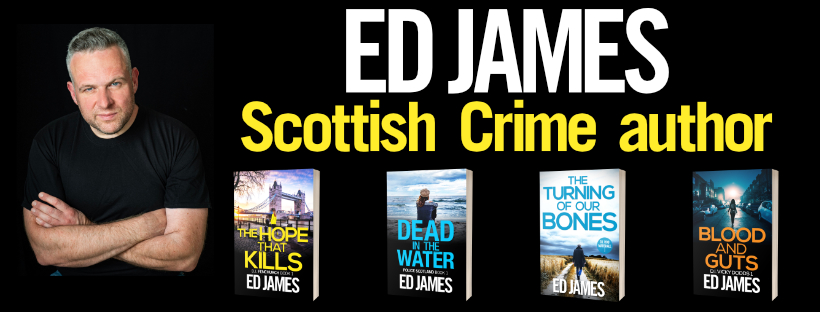Fail to plan, plan to fail
A few months ago, I was watching Sky’s MONDAY NIGHT FOOTBALL with Jamie Carragher and Gary Neville, an absolutely peerless dissection of the more subtler nuances of football (soccer to those in the US). If anyone had told me ten years ago that those two would be the best pundits on TV… Anyway, Neville made a comment about a team’s defensive frailties along the lines of their plan being broken and once you let go of that, you’re improvising and then you’re really in trouble.
In football, and I suppose general sports, planning is essential to success at the top level.
Top teams nowadays have a huge backroom staff, usually in excess of a hundred, and most of them aren’t medical staff. A team will have a large number of ProZone analysts, looking through previous match footage of upcoming opponents, looking where their gaps are and presenting it to the manager. The manager will devise a plan and his job is to communicate it to the players.
Footballers don’t get paid for running around for ninety minutes on a Saturday, they get paid for that plus spend five hours a day going through fitness training (maybe an hour once the season’s underway) and a lot of drills and whiteboard activities. Drills let the team work together on specific scenarios they’ll face in the match, so when in the 38th minute, a player makes a run down the right unmarked and someone hits a sweet ball to them, it appears improvised but they will in reality have gone through that move fifty times.
What the hell am I talking about? Well, that quote keeps rattling around in my head as I go through my latest work-in-progress, FUTURE SHOCK. This started life as a short story about five years ago and I decided to flesh it out to a novel length work last year. The results weren’t great, largely because I’d been improvising and the plot was all over the place. It was a sobering reflection on how little “winging it” can actually work. I’ve now spent four weeks this year going back to the drawing board on it and doing what I should’ve done last year.
Plan.
I’ve gone through several iterations of a complex plan, further complicated by the fact I’d written 65,000 words of the novel and have to keep that in sync.
They generally talk about two types of writers — planners and pantsers, or architects and gardeners. To me, it’s just the same thing, depending on when you do your planning. Pantsers, i.e. write by the seat of your pants, generally create 60,000+ words in a dreadful first draft then edit it until it’s something that works. I learnt a long time ago that I’m much better planning first and getting the story nailed down before I write it. It still allows for improvisation but it means when you’re tearing the structure apart, it’s a 10,000 word synopsis you’re cutting up and not a 90,000 word novel. You’re less tempted to keep flawed storylines and more inclined to kill your darlings (remove the flab).
I just wish I’d listened to my own advice in October. This is a sobering reflection of how badly things can go. FWIW, the two drafts of THE HOPE THAT KILLS took me seven weeks all in, and is one of the most complete books i’ve ever written, tightly plotted, exciting, full of character and with a story that gets emotional attachment on page one. Likewise, the outline for COWBOYS AND INDIANS is nice and clean, with the sort of complexity that was maybe missing from WINDCHILL.
Back to the drawing board.
— Ed
Current project — FUTURE SHOCK, draft 2
Next project — COWBOYS AND INDIANS, draft 1
